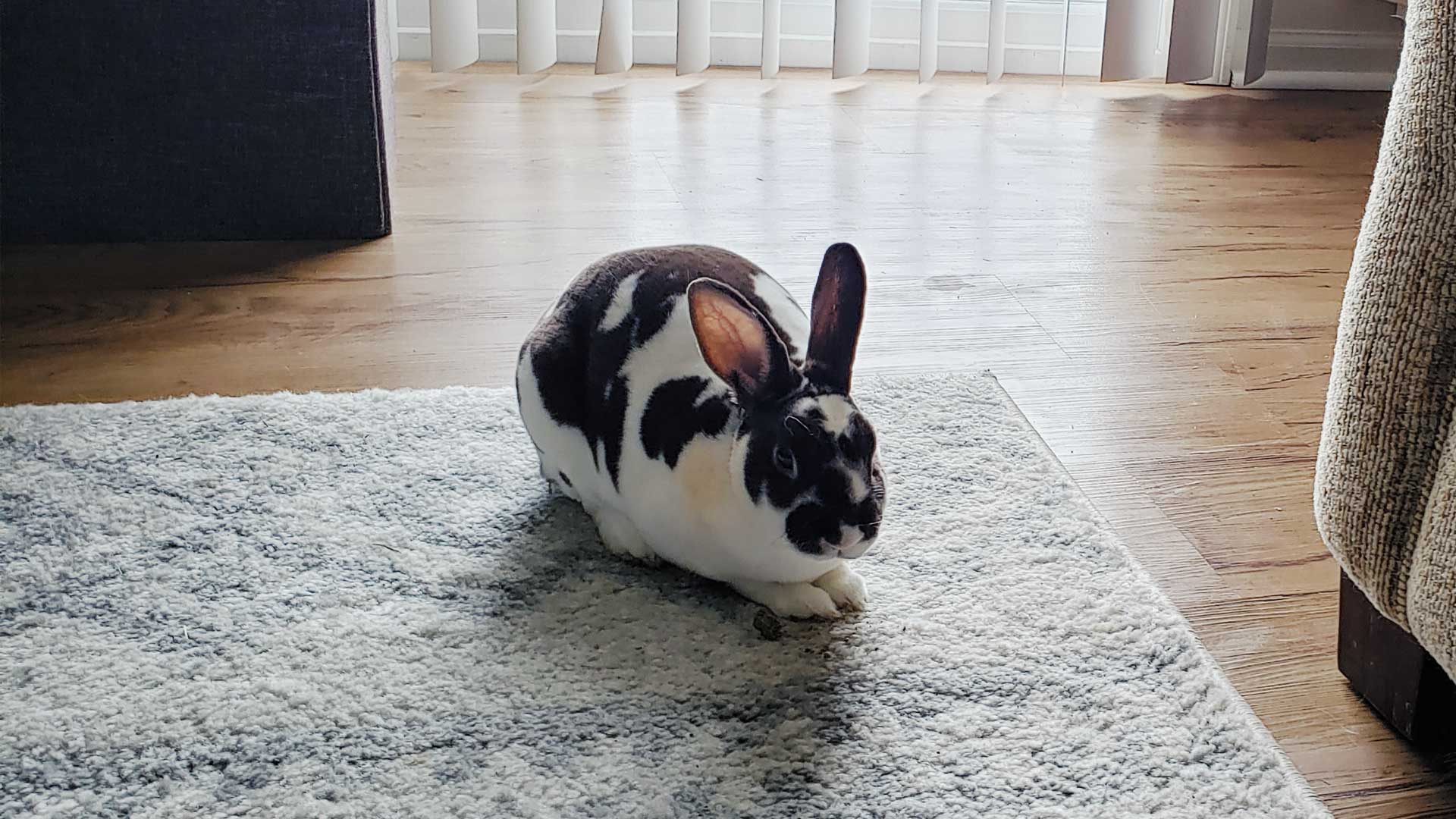Many of us have rabbits as companions at home. They’re cute and (sometimes) cuddly, and relatively easy to take care of. If you have a rabbit, you should be aware there is an RHDV2 outbreak in Texas and surrounding states. What is that, you ask? RHDV2 is a disease otherwise known as Rabbit Hemorrohagic Disease. This is a highly contagious disease that is fatal among domestic and wild rabbits. The Texas Animal Health Commission provides great information on their page: https://www.tahc.texas.gov/animal_health/rabbits/
They have also provided the following recommendations to help decrease the likelihood of your rabbit picking up any kind of disease. Take care and be safe!
BIOSECURITY GUIDE: SAFEGUARDING YOUR RABBITS
As an animal owner, you know how important it is to practice good biosecurity. Use these helpful tips to decrease the likelihood of disease in your rabbits.
Keep A Distance
- House rabbits indoors if possible.
- Do not allow visitors who also have rabbits.
- Do not handle others’ rabbits.
- Do not allow other pet or wild rabbits to come incontact with your rabbits or home.
- Do not introduce new rabbits from unknownor untrusted sources.
Keep Things Clean
- Wash hands before and after handling or caring for rabbits.
- Control flies, rodents, cats, dogs, birds, etc. as they canphysically move the virus.
- Do not collect outdoor forage as it may be contaminated.
- Remove brush and debris, and properly dispose ofbedding.
- Disinfect feeders and equipment daily with 10% bleachmixed with water or other approved products.
- Sterilize cages between use.
Keep A Watch
- Monitor your rabbits’ health closely.
- Call your private veterinarian if you notice signs of illness.



